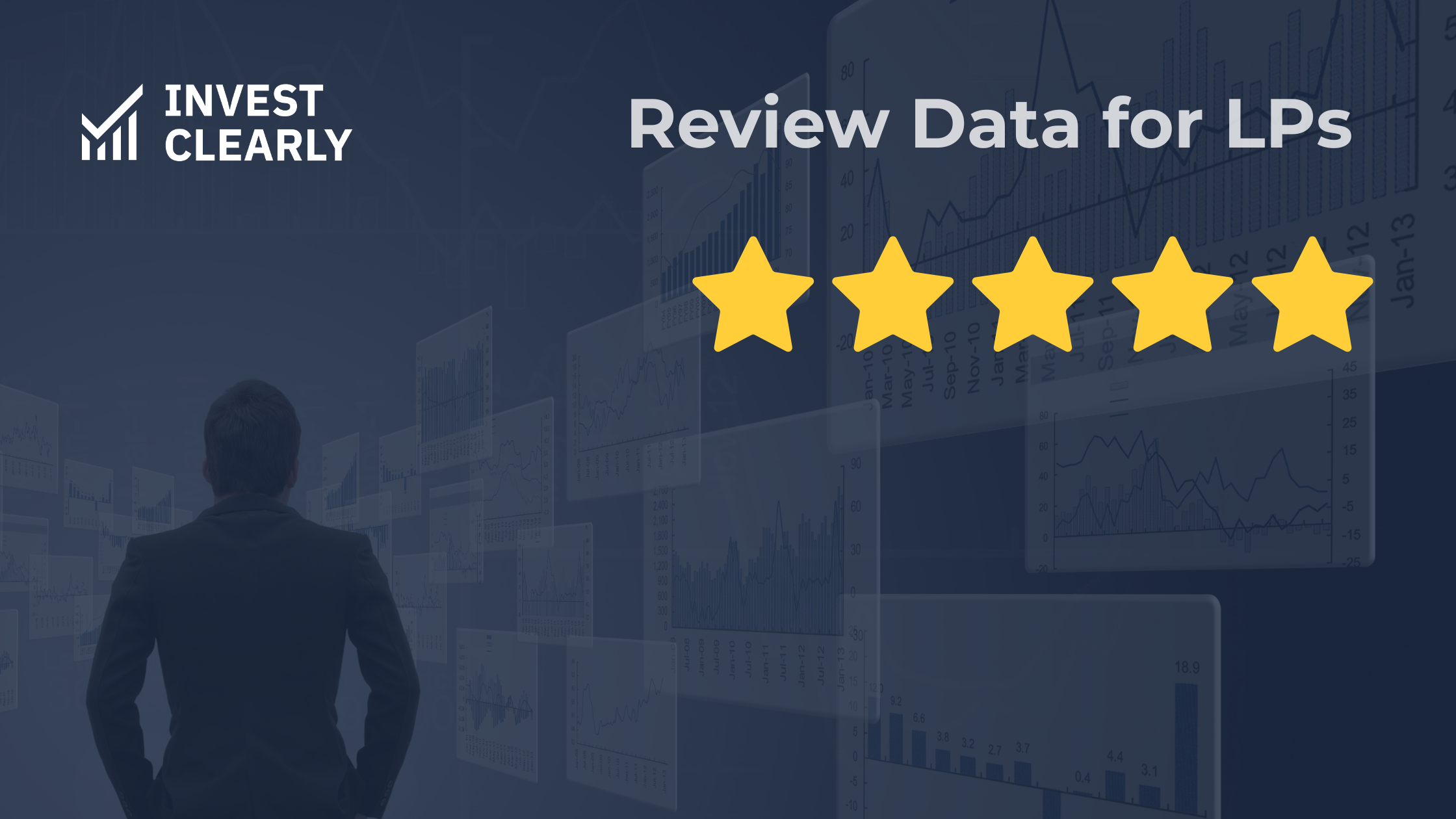
Unlocking the Power of SPVs: How Limited Partners Can Maximize Returns in Private Equity
By Litan Yahav
Never miss an Invest Clearly Insights article
Subscribe to our newsletter today
Navigating the private equity landscape can be complex, especially for Limited Partners (LPs) looking to optimize returns while managing risks. Special Purpose Vehicles (SPVs) have emerged as a powerful tool, offering LPs flexible access to curated investment opportunities with reduced barriers to entry. In this article, we explore how SPVs can be leveraged to maximize returns, streamline investment management, and create a diversified private equity portfolio.
What Are SPVs and Why Do They Matter?
SPVs are legal entities created for the sole purpose of holding a specific investment or a portfolio of investments. For LPs, SPVs offer several key advantages:
- Access to Exclusive Opportunities: SPVs allow LPs to participate in deals typically reserved for institutional investors, with lower minimums and better terms.
- Risk Mitigation: By isolating investments within distinct entities, SPVs shield investors from liabilities related to other holdings.
- Simplified Reporting: Consolidating investments under SPVs streamlines tax reporting and performance tracking, providing greater clarity and control.
Strategies for LPs to Maximize Returns Using SPVs
- Pooling Capital for Better Terms: By aggregating funds from multiple LPs, SPVs can negotiate favorable terms, such as lower fees or priority returns, that individual investors might not secure on their own.
- Diversification Across Asset Classes: SPVs enable LPs to diversify across various private equity deals—real estate, venture capital, buyouts—without the need to commit large sums to each.
- Leverage Data for Smarter Investments: Platforms like Vyzer offer AI-driven insights, helping LPs assess deal performance, sponsor credibility, and risk profiles before committing capital.
- Fee Optimization Through Tiered Memberships: Some platforms embed SPV management fee discounts within subscription tiers, incentivizing LPs to upgrade their memberships to maximize cost efficiency.
Key Considerations Before Investing in SPVs
- Transparency of Terms: Ensure clear communication of management fees, exit strategies, and reporting standards.
- Regulatory Compliance: Verify that the SPV structure adheres to all legal requirements, especially concerning accredited investor qualifications.
- Sponsor Track Record: Evaluate the experience and past performance of sponsors managing the SPV’s underlying assets.
Conclusion: The Future of Private Equity Investing
SPVs are reshaping how LPs engage with private equity, offering greater flexibility, improved returns, and simplified investment management. By understanding how to leverage SPVs effectively, LPs can unlock new opportunities in the private markets while maintaining control and transparency over their portfolios.
Written by
Litan is the co-founder of Vyzer, a platform that simplifies wealth management for investors by offering automated tracking of passive investments and access to curated private equity opportunities. Learn more at vyzer.co.
Other Articles

Investor Experience Index: 2025 Wrap Up
We’ve analyzed review data from 2025 to uncover surprising trends in private real estate.

The New Approach to Sponsor Due Diligence in Private Real Estate
Start your due diligence with the sponsor and the business plan before focusing on the real estate asset.

Is Private Equity Coming to Your 401(k)?
A new executive order could lead to private markets getting access to 401(k) capital. Learn how a new wave of capital and liquidity demands could affect private real estate.

What 2025 Fundraising Data Reveals About LP Capital Allocation in Private Real Estate
Private real estate fundraising saw a rebound in 2025, marking the first year-over-year increase in annual capital raised since 2021. According the PERE Fundraising Report Full Year 2025, total fundraising reached $222 billion, up 29 percent from the $172.4 billion raised in 2024.

Limited Partners in Private Real Estate and Private Investments
If you’re exploring private real estate investing, you’ve likely encountered the term “limited partner” or “LP.” Understanding this role is essential before committing capital to any private market fund

How Moving Up the Capital Stack Can Reduce Your Investment Risk
At the height of the worst financial crisis since the Great Depression, Buffett invested $5 billion in Goldman Sachs as preferred equity. Here's why....